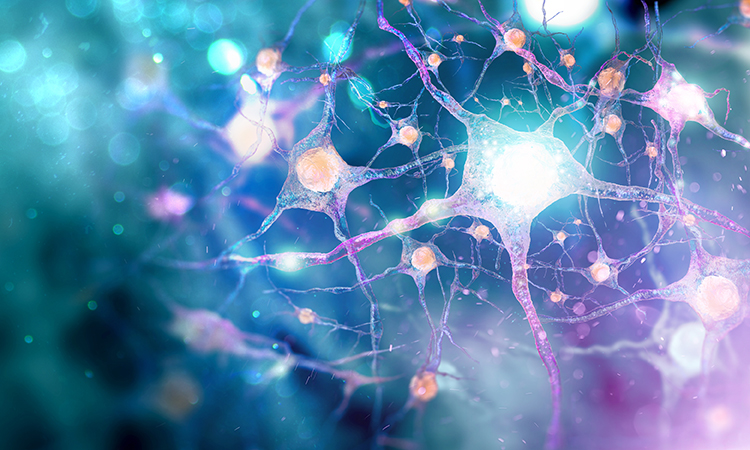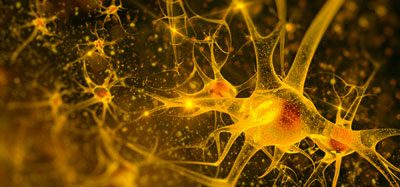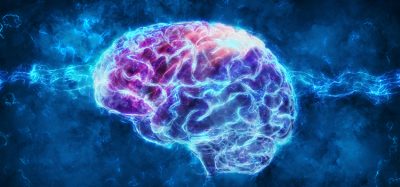CNTN4 modulates factors involved in Alzheimer’s disease
Posted: 16 May 2024 | Drug Target Review | No comments yet
The discovery that CNTN4 and APP have a co-dependent relationship has wider implications for neurodevelopmental disorder understanding.

Researchers at the University of Exeter have discovered the crucial role of the neuronal cell adhesion molecule Contactin-4 plays in shaping neurons. Their findings have implications for neurodevelopmental disorders and Alzheimer’s disease.
Contactin-4 is encoded by the gene CNTN4, which is genetically associated with autism spectrum disorder (ASD). In previous studies, CNTN4-deficient mouse models have shown that CNTN4 is important for axon guidance and synaptic plasticity in the hippocampus, although its functional role in the cortex, the region of the brain responsible for key functions including memory, thinking and reasoning, was not explored. Therefore, the team investigated this, using mice who had the CNTN4 gene knocked out in the cortex, and discovered that neurons developed in a different way in the cortex region.
Furthermore, in human cells, it was revealed that the genes CNTN4 and APP, a gene strongly linked to Alzheimer’s disease, have a co-dependent relationship. This relationship is essential for brain development, specifically for the healthy growth of neurons. CNTN4 contributes to neural elongation in the frontal cortex region of the brain, and its expression is regulated via a relationship with APP. If CNTN4 is knocked out, levels of APP decrease, but not to zero. The scientists think that APP could compensate for the loss of CNTN4, and vice versa.
Lead author Dr Rosemary Bamford, of the University of Exeter Medical School, stated: “It was quite remarkable to discover that CNTN4, a gene linked to developmental processes, also plays a role in modulating factors involved in Alzheimer’s disease. This intersection of developmental and neurodegenerative pathways offers exciting new insights into the broader implications of these proteins.”
Senior author Dr Asami Oguro-Ando, of the University of Exeter Medical School, concluded: “Looking ahead, my group is keen to further dissect the molecular mechanisms underpinning the interaction between CNTN4 and APP and explore their wider implications for disorders like Alzheimer’s and Autism Spectrum Disorder. Our next steps involve clarifying how the CNTN4-APP interaction impacts neural activity. Understanding this interaction is crucial as it represents a fundamental step towards a comprehensive grasp of neurodevelopmental and neurodegenerative disorders.”
This study was published in Royal Society Open Biology.
Related topics
Genetic Analysis, Neurons, Neurosciences
Related conditions
Alzheimer's disease (AD), autism spectrum disorder (ASD)
Related organisations
University of Exeter







